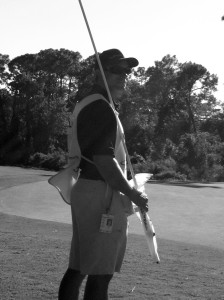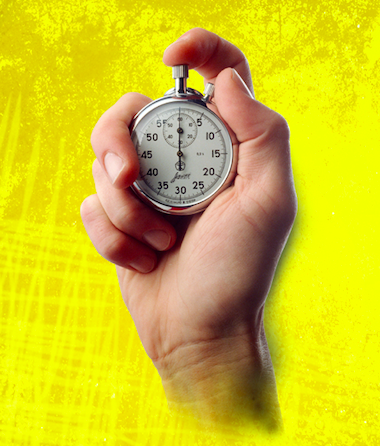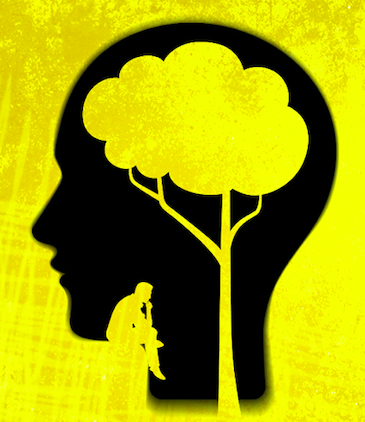
My Worst Mistake As A Sport Psychology Coach
I’ve been in the applied field of Sport Psychology as a professional since 2006. I started off as a University professor, until I became a full-time professional mental coach, leaving academia to pursue my passion and start my own business. That year was 2011. I’ve been blessed and have even written seven mental game books during the span of nine years.
I work with athletes helping them build their mental toughness to perform their best when it matters the most. Hence, we have to know what mental toughness is and what it isn’t.
My philosophy is that EVERYONE is an athlete, our office is just different.
My major type of clients are golfers on the PGA Tour, and I have caddied on tour since 2006. Caddying was a natural fit because it was a way to morph into an “on the field” coach during actual competition; no better feeling in my opinion.
In 2012, I am caddying for my client during the last PGA Tour event of the year. He is playing well, and in first place after a first round score of 66. And although he moved back a bit during the other rounds, he still had a chance to post a top-20 finish.
Fifteen minutes before each round, we always had a coach-up session, where we devised our mental and course game plan. Every day we had the same simple mental game plan because simple is powerful and simple works. Thus, before the last round, he approached me and I laid it out for him (hence the big mistake).
In the past I have used the following game plan and mentality, and it has been successful, so I wasn’t freewheeling my decision as a sport psychology coach at all.
However, there is a lot of intuition with coaching and sometimes coaxing.
So, when he asked, “what’s our game plan,” I replied with, “It’s your day.”
He walked away immediately shaking his head in disapproval and mentioned how he didn’t really like it and asked if I had anything else?
So, now ten minutes before tee-time, I tried to justify, defend, and explain my mantra…. What else am I going to say at that point, “It’s NOT your day?” I said it, believing that good things were going to happen and staying with our process that had worked.
He teed off and proceeded to hit the ball in a hazard, took a drop, hit it in the middle of the green, and 3-putted for a double bogey. Immediate adversity had set in. Walking onto the 2nd tee, he mentioned to me “yep, it’s my day, all right.”
Only after a delay in the middle of the fourth fairway, did we have a chance to backtrack and re-focus. He played solid the rest of the day, but in a sport with large purses and where every shot counts, the damage had been done.
It’s Your Day!
The mistake I made as a sport psychology coach was that I “got in the way” of my athlete.
Perhaps, I inadvertently put the focus on factors outside of his control, believing that it was going to be a good day and that good things were going to happen. I also couldn’t account for the fact that he had heard this phrase a long time ago and played horribly.
Nonetheless, I made a mistake. Less is (almost) always more and I broke it. I tried to get creative and go off menu with my coaching style at the moment.
It’s still a fault of mine; there are many tools in the shed and I want to use them all, when just one would do. It takes a genius to keep it simple.
Lastly, it was a costly mistake and if we are in a field of coaching and helping people, we are going to make mistakes.
It is one true system of really discovering what methods work and what doesn’t in applied settings. If you’d like to hear the sport psychology coach podcast episode, check it out here.
[sc name=”signature” ]


